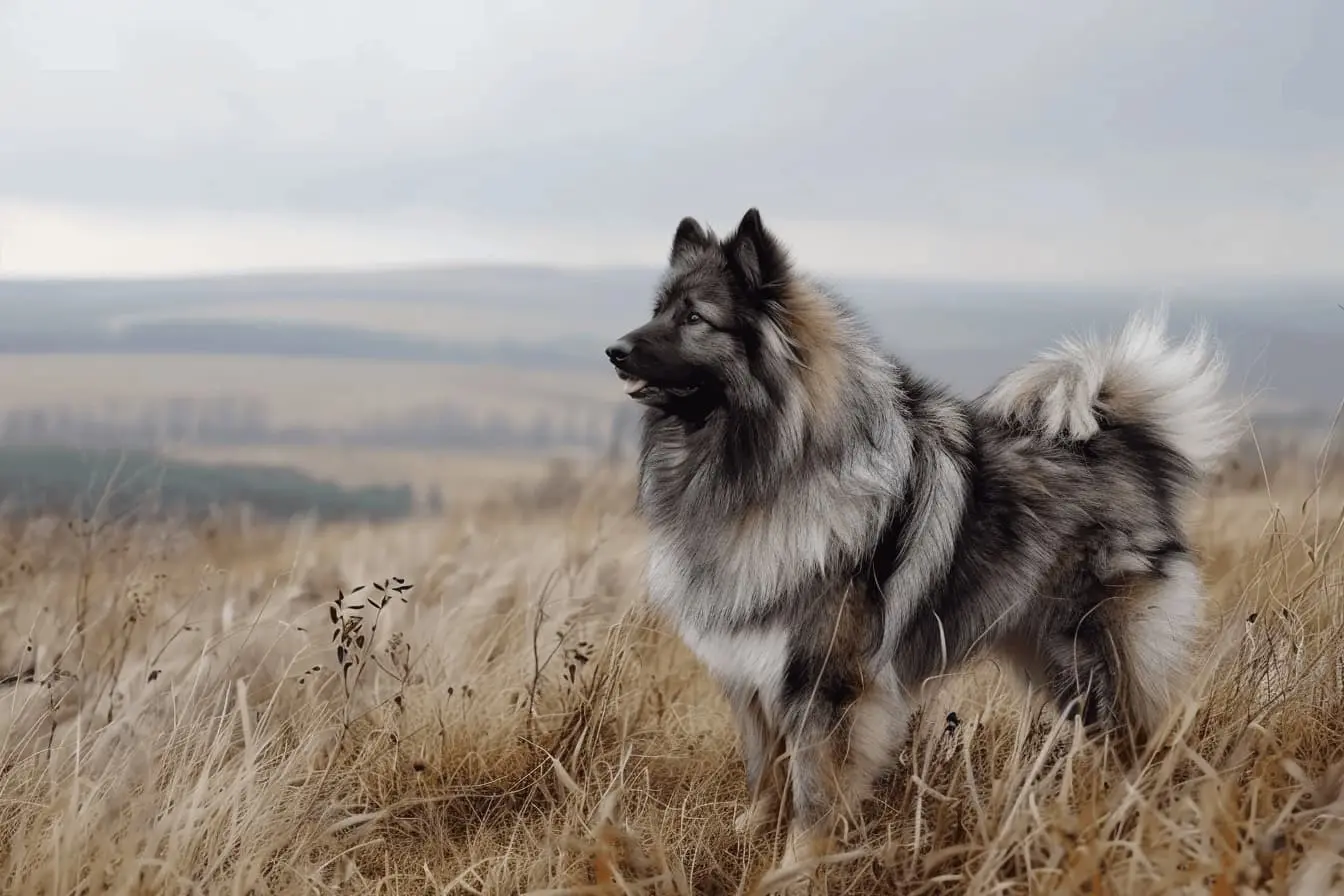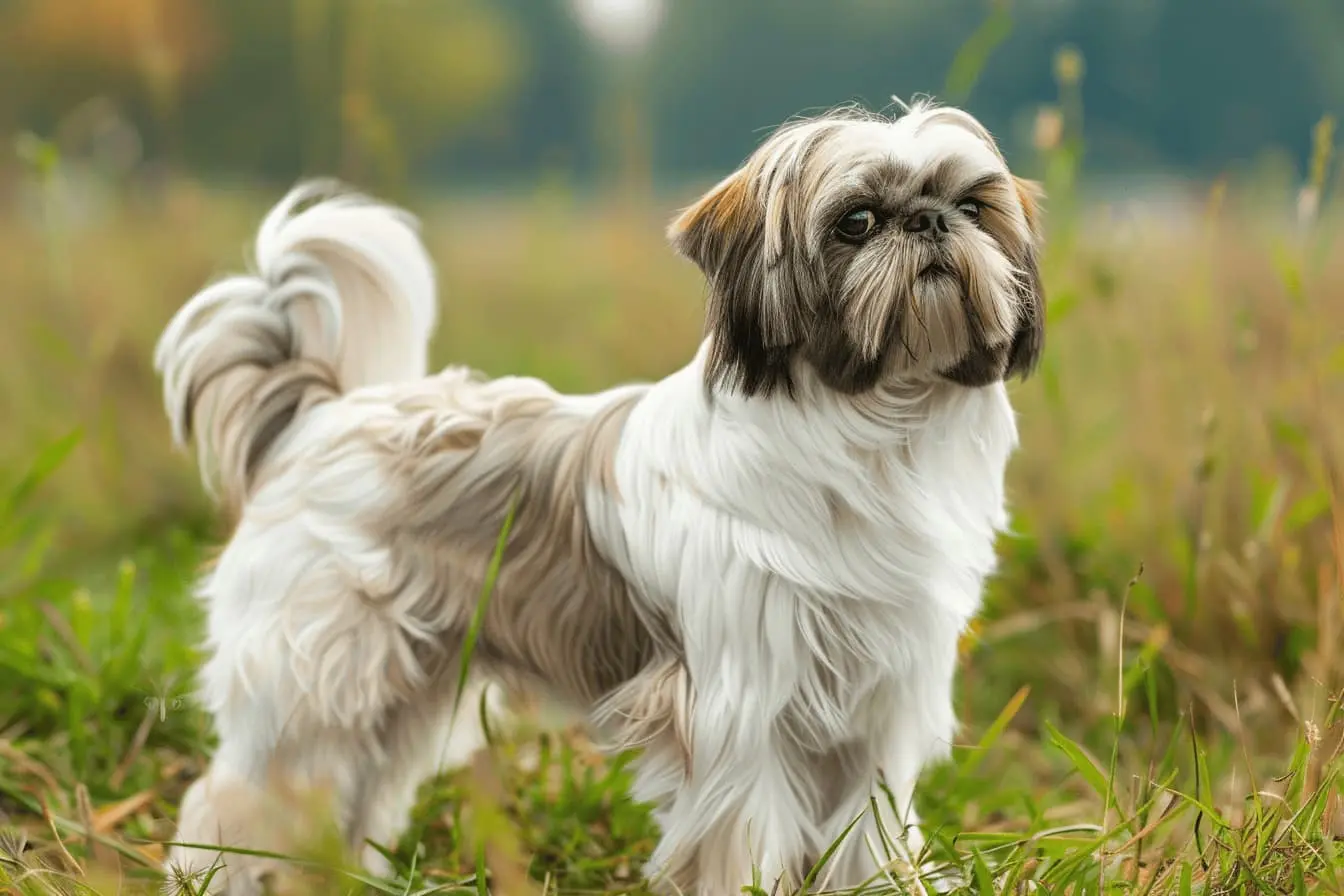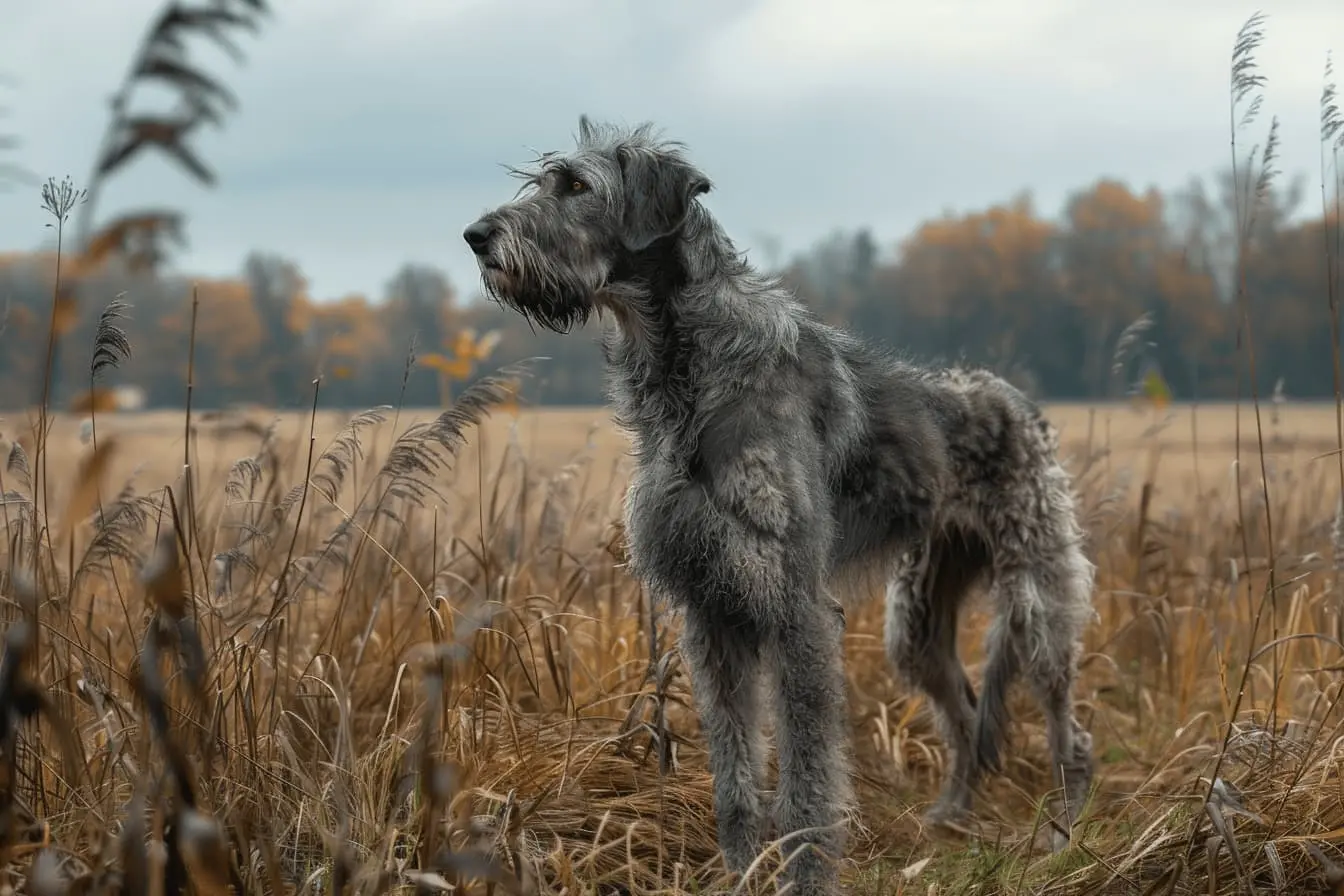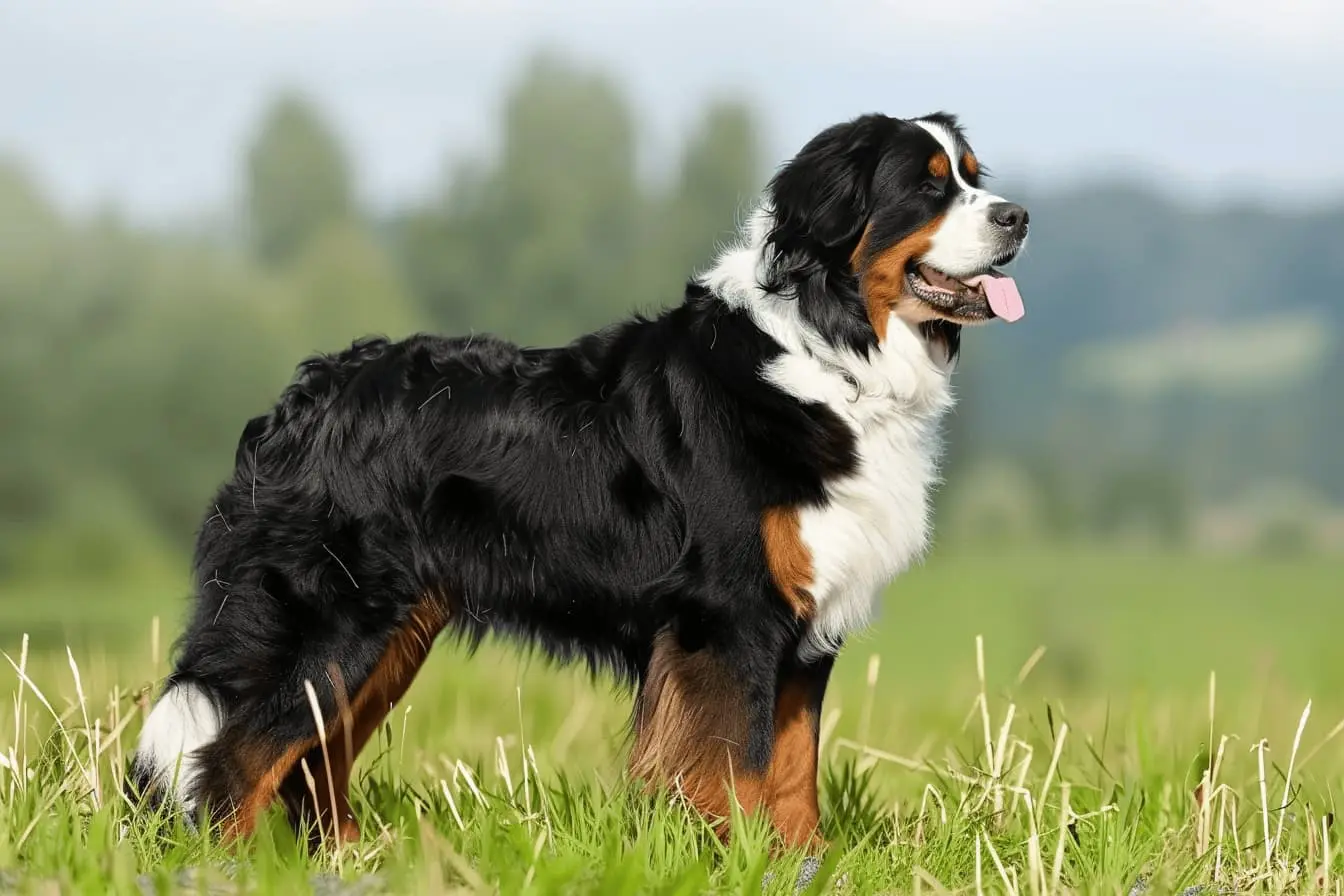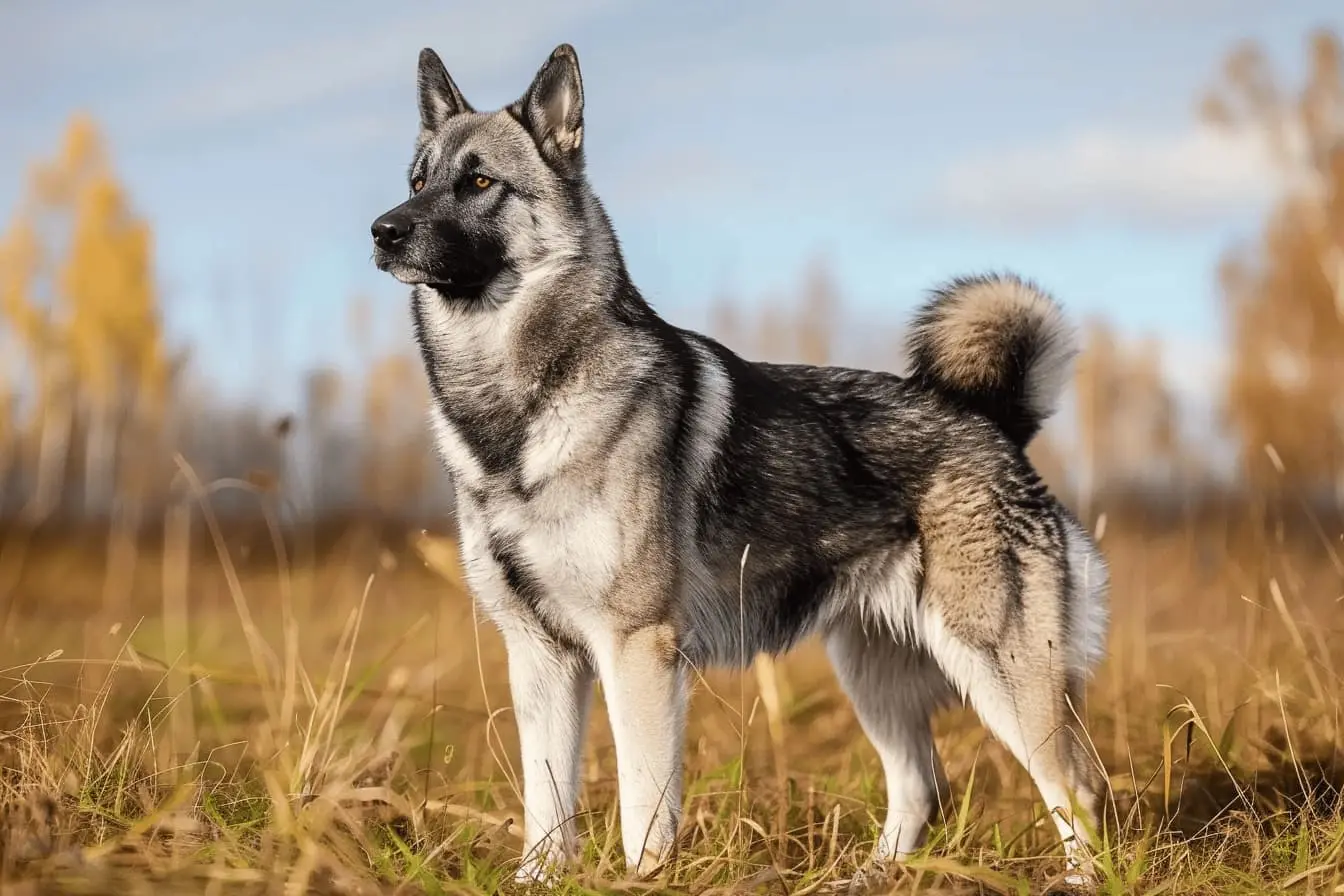
The Norwegian Elkhound: A Vigilant Guardian with a Nordic Heart
The Norwegian Elkhound, with its striking grey coat, keen eyes, and robust build, is a breed that boasts a rich history intertwined with the Vikings. Known for its courage, loyalty, and versatility, the Norwegian Elkhound served as a hunter, guardian, and companion to Norsemen. Today, this ancient breed continues to capture the hearts of dog lovers worldwide, offering a unique blend of companionship, protection, and outdoor enthusiasm. If you're considering adding a Norwegian Elkhound to your family, understanding the breed's specific needs, characteristics, and temperament is crucial. This comprehensive guide will provide you with everything you need to know about owning a Norwegian Elkhound.
Breed Overview
Originating from Norway, the Norwegian Elkhound is a hardy, medium-sized spitz-type dog, historically used for hunting elk, bear, and other large game. This breed is renowned for its stamina, independence, and unwavering loyalty.
Physical Characteristics
- Size: Norwegian Elkhounds typically stand about 19 to 20 inches at the shoulder and weigh between 21 to 25 kg, with females slightly smaller than males.
- Coat and Colour: They possess a thick, weather-resistant double coat that is grey in colour, with black tips on the hairs giving them their distinctive appearance. The coat requires regular grooming to manage shedding.
- Lifespan: The average lifespan of a Norwegian Elkhound is around 12-15 years.
Personality and Temperament
Norwegian Elkhounds are known for their bold and friendly nature. They are fiercely loyal to their families and make excellent watchdogs, readily alerting their owners to any unfamiliar presence. Despite their protective instincts, they are generally friendly towards people and other dogs when properly socialised.
They are intelligent and independent, which can sometimes translate to stubbornness in training. However, they respond well to consistent, positive training methods. Norwegian Elkhounds have a playful side and enjoy being part of family activities.
Exercise and Training
Norwegian Elkhounds have high energy levels and require regular exercise to stay healthy and content. They thrive on activities that engage their minds and bodies, such as long walks, hikes, and play sessions in a securely fenced area.
Training should start early, focusing on basic obedience and socialisation. This breed's hunting instincts and independence can make recall training challenging, so a secure environment is crucial for off-lead activities. They excel in dog sports like agility, obedience, and tracking, which can also provide excellent mental and physical stimulation.
Health and Care
Norwegian Elkhounds are generally healthy but can be prone to certain genetic conditions, including hip dysplasia, renal dysplasia, and eye disorders. Regular veterinary check-ups and a balanced diet are important for their well-being.
Their thick coat requires regular grooming to prevent matting and reduce shedding, especially during seasonal changes. Brushing a few times a week and occasional baths will keep their coat in good condition.
Living with a Norwegian Elkhound
Norwegian Elkhounds are adaptable and can thrive in various living situations, provided they receive enough physical and mental stimulation. They do best in homes where they can be close to their families and have access to outdoor space for exercise.
Their vocal nature and tendency to bark make them effective watchdogs but may pose a challenge in noise-sensitive environments. They are known for their love of cold weather and can spend hours playing in the snow.
Is the Norwegian Elkhound Right for You?
If you're looking for a loyal, robust companion with a love for the outdoors and a protective instinct, the Norwegian Elkhound may be the perfect breed for you. They are well-suited for active individuals or families who can provide them with the exercise, training, and companionship they need.
However, if you prefer a quiet, low-energy dog or are not prepared to meet their grooming and exercise needs, a Norwegian Elkhound might not be the best fit for your lifestyle.
Conclusion
The Norwegian Elkhound is a breed that offers unmatched loyalty, courage, and versatility. With the right care, environment, and commitment to their needs, a Norwegian Elkhound can become an invaluable member of your family, enriching your life with their adventurous spirit and steadfast companionship. Whether exploring the great outdoors, participating in dog sports, or simply guarding the home, a Norwegian Elkhound brings a sense of security and joy to every moment.
Vets near you
Speciality vets
- Aquatics vet specialists
- Birds vet specialists
- Camelids vet specialists
- Cats vet specialists
- Cattle vet specialists
- Deer vet specialists
- Dogs vet specialists
- Equines vet specialists
- Exotic vet specialists
- Goats vet specialists
- Pigs vet specialists
- Poultry vet specialists
- Sheep vet specialists
- Small Mammals vet specialists
- Wild vet specialists
Vet facilities
- Accessible by public transport
- Blood testing
- Car park nearby
- Client car park
- Dentistry
- Diagnostic imaging
- Disabled public access
- Flea and worm treatments
- Microchipping
- Mobile services
- Neutering
- Open at weekends
- Out-of-hours service
- Referral interests
- Referrals only
- Street parking outside
- Toilets available
- Vaccination clinic
